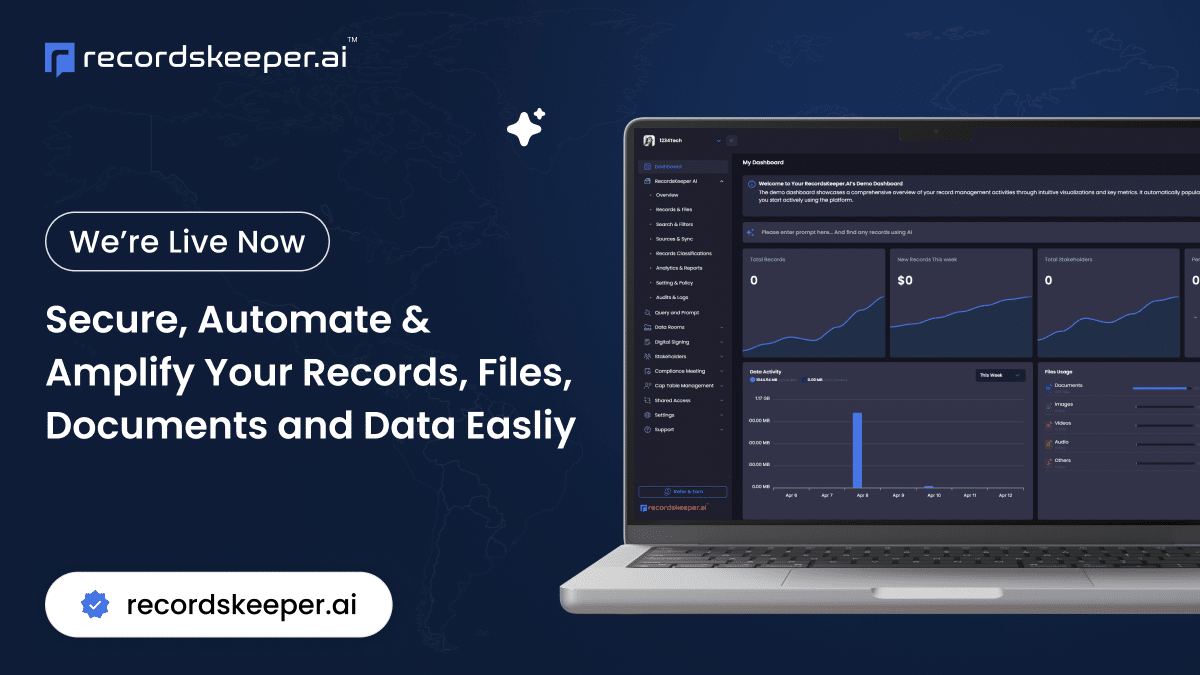Understanding EMR Software: A Journey Through Varieties & Choices
As we navigate the digital age of healthcare, Electronic Medical Record (EMR) software stands as a pivotal component in the efficient management of patient data. Having been deeply involved in the tech landscape, particularly through my journey with RecordsKeeper.AI, I’ve learnt firsthand that selecting the right EMR software is akin to choosing the heart for a digitized healthcare system. It is an intricate process with various factors at play, akin to orchestrating a symphony where each note must strike the right chord. Today, let me guide you through the different types of EMR software and the considerations necessary for making an informed decision.
The Importance of EMR Software in Healthcare
Before diving into the types of EMR software, it is essential to understand why it is indispensable. EMR systems not only modernize patient record management but also enhance the efficiency and accuracy of healthcare delivery. By automating tasks such as appointment scheduling, billing, and easy data retrieval, these systems allow healthcare providers to focus more on what they do best—caring for patients.
An Overview of EMR Software Types
Understanding the types of EMR software is crucial in making a medical software comparison. Each type is crafted to cater to different needs within the healthcare system. Here are the main variations:
1. On-premise EMR Software
On-premise systems are installed and run on servers located within your healthcare facility. While offering more control and customizability, they demand significant upfront investment in infrastructure and IT support.
- Pros: Greater control over data, easier integration with other internal systems.
- Cons: High initial costs, ongoing maintenance, and IT support.
This type of software is suited for larger hospitals or clinic chains that have the resources to manage their own IT environments.
2. Cloud-based EMR Software
Cloud-based systems are hosted by the service provider but accessed over the internet. They offer flexibility, lower upfront costs, and are reputed for their quick implementation capabilities. At RecordsKeeper.AI, the shift toward cloud solutions mirrors the desire for accessibility and scalability.
- Pros: Lower initial costs, seamless updates, and remote access.
- Cons: Dependency on internet connectivity and potential data security concerns.
This type is ideal for small to medium-sized practices seeking scalability and ease of access across multiple devices.
3. Specialty EMR Software
Designed to accommodate the specific needs of various medical specialties, this type includes features tailored for particular forms of practice, such as dermatology or paediatrics.
- Pros: Tailored features and interfaces, better suited for niche practices.
- Cons: Can be expensive and less flexible if you decide to diversify services.
Practices that specialize in particular medical fields would benefit immensely from specialty EMR systems.
4. Open-source EMR Software
Open-source solutions provide the core EMR software for free, granting users the flexibility to customize the software as required. However, they need significant technical expertise.
- Pros: Customizable, lower software costs.
- Cons: Requires technical expertise and ongoing development.
Open-source can appeal to tech-savvy facilities ready to mould their software to specific needs.
Making the Right Choice: Key Considerations
Selecting the right EMR software involves more than understanding types; it encompasses aligning these with your unique requirements and constraints. Here are some factors to weigh in on:
Compliance and Security
Regulatory requirements like GDPR, HIPAA, and others play a significant role in healthcare IT. Your chosen EMR system should support compliance management to automate these regulatory workflows and ensure adherence to healthcare standards.
Integration Capabilities
Consider how the EMR software will integrate with existing systems like laboratory information systems, billing systems, or patient portals. The smoother the integration, the less disruption to existing workflows.
User Experience and Support
The software should offer an intuitive interface and excellent customer support. Remember, the primary users—physicians, nurses, and administration staff—need to feel comfortable and empowered in using this technology.
Scalability and Cost
Visualize how your practice may evolve over the next few years. Opt for an EMR system that can scale alongside growth while maintaining transparency around costs, ensuring that it remains a sustainable choice.
Conclusion: Your Strategic Partner in Record Management
In the complex field of healthcare IT, understanding the diverse types of EMR software and their specific applications can greatly aid healthcare providers in optimizing their choice. At RecordsKeeper.AI, our commitment is to transform record management into a strategic advantage, drawing parallels with how EMRs should function—precise, reliable, and adaptable.
If you’re ready to delve deeper into the world of record management or explore how technology can streamline your processes, follow my journey or connect with me for more insights. Let’s redefine record management together.








